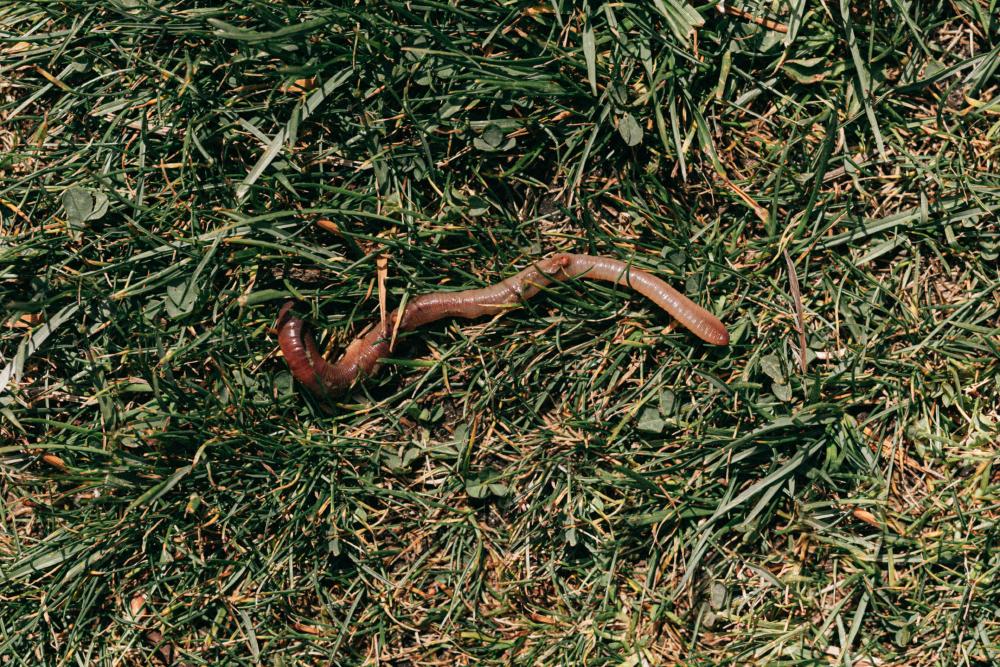
How Many Compost Worms do I Need to Start Composting? There are a lot of ways to make sure your organic waste has a better treatment than ending in a landfill. Vermicomposting is one good option. Is basically composting but with the difference that you get the help of earthworms. This is not only beneficial for the speed of your composting but it also adds a lot of nutrients to your compost. If you haven't started yet, you might be asking how many compost worms do I need? Well, let's dive into the vermicomposting world to figure that out.
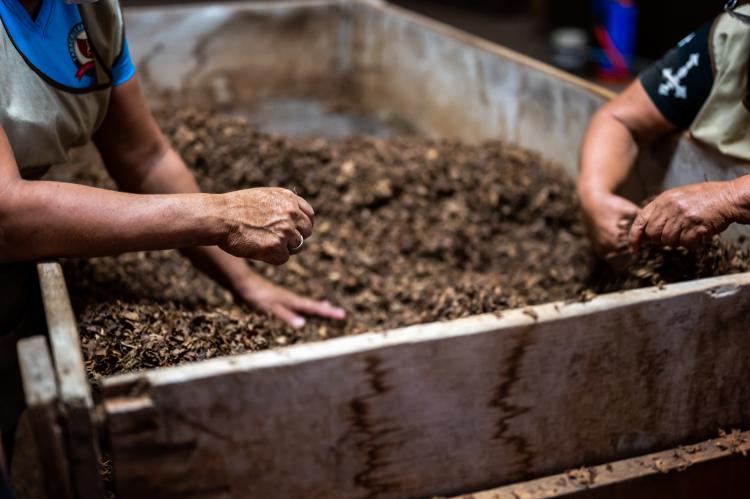
So according to Wikipedia vermicomposting is the product of the decomposition process using various species of worms, usually red wigglers, white worms, and other earthworms, to create a mixture of decomposing vegetable or food waste, bedding materials, and vermicast.
Basically, this is the name the process gets while reproducing worms to meet that purpose is called vermiculture. So if you grow and sell worms you are a vermiculturist.
And the result of the process is called vermicast. Which is what you then use as fertilizer and nutrient for your plants.
Vermiculturing is very fun and an easy way to start composting! Those little worms will do most of the work.
There are a lot of benefits of vermicomposting, here are only a few for you to keep in mind.
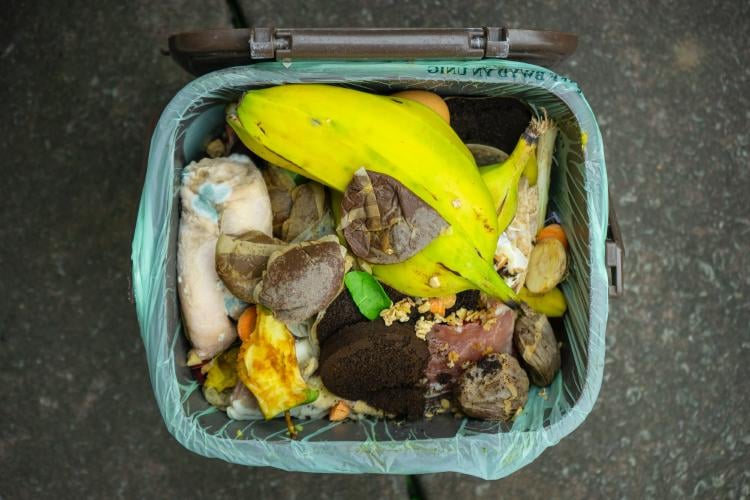
These are only a few of the benefits of vermicomposting. But for a really successful process, and for your vermicast to be the best "Black gold" you can ever imagine, there are a few things you need to know:
To figure out how many compost worms do I need, the first thing is to know what can you compost. Here is a post on Compost Worms: Everything you Need to Know About Composting with Worms. And here is a list of materials you can add to your compost bin or pile:
What to avoid while vermicomposting:
Anything else, those little wiggly friends will eat, digest, and will make vermicast for your garden and plants.
Know that you know what to compost and what not to compost. We can start trying to figure out how many compost worms do I need to start composting.
First things first. Before embarking on composting you need to be able to calculate what kind of compost bin or size you'll need. These ways you can be successful:
Calculating how much waste you produce in your household is a key factor for starting composting. Having this information will allow you to calculate what kind of compost strategy you'll use and how many compost worms do you need.
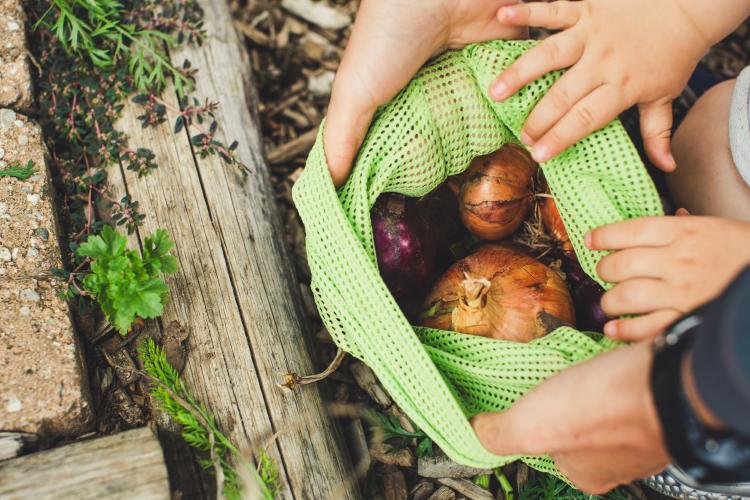
Here are a few tips on how to measure your organic residue at home:
Remember that there are a few other ways you can get rid of the food waste you produce, there are a lot of food scraps recipes you can follow. Check out this post on Food Scraps: Great Ideas and Recipes on How to Use Them
So, how many compost worms do I need? Having this information will allow you to calculate that!
Since you now know how much waste you produce each week, your calculation on how many composts warms you need will be easier and more accurate.
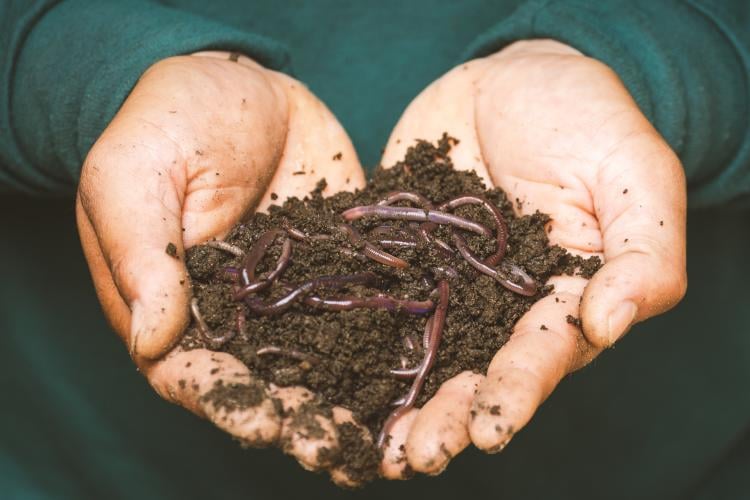
Having decided which size of compost bin you are using, you can use that as a measurement for the number of worms you are going to use on your compost.
Here are different approaches to calculate how many compost worms you'll need.
There are two main approaches:
If you are opting for getting the number of worms from the size of the bin you are using for your compost here are some tips:
For this, it is important to keep in mind two things that might help you be more accurate when asking how many compost worms do I need?
Here is another approach you can opt for while purchasing your worms, instead of calculating based on the square footage of your compost bin or compost pile, you can calculate how many compost worms you'll need based on how much organic food waste you produce.
Here is what you need to keep in mind:
Remember that there are tricks to know how much food waste you are producing in your household. Here are some tips to calculated without a scale:
To answer the question of how many composts worms do I need, well as you can see it can be relative. It depends on how fast do compost worms reproduce, and how much organic waste do you produce in your household. You can check out our post on How Fast do Compost Worms Reproduce.
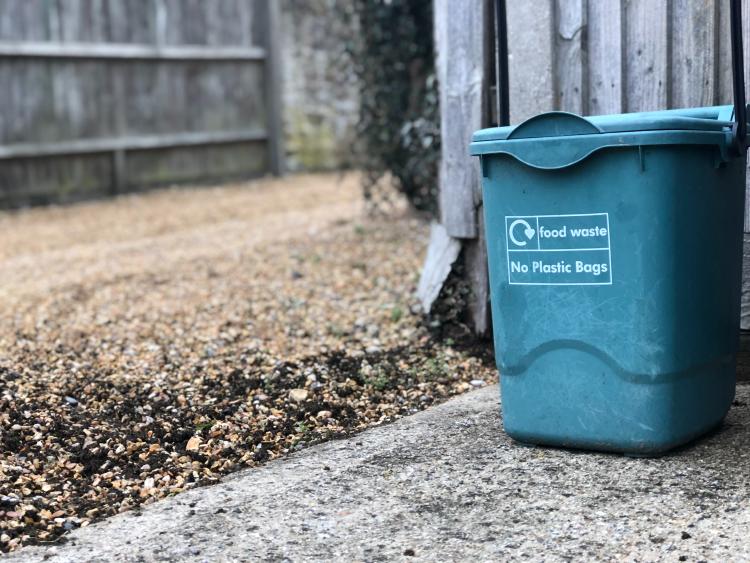
If you are thinking of starting vermicomposting in an apartment or in a yard, make sure you read our post on Vermiculture: How it start with it and take care of your Worms so you can learn everything to know about it to have a good start.
If you are just starting, make sure to check your compost bin at least once every two days. This way you'll make sure you are keeping up with your worms and keeping track of how fast your compost worms are reproducing.
Here are a few tips on how to make sure your worms are happy:
These are only a few tips for you to have a good start on your composting journey with worms. Vermicomposting is a great thing to start if you are starting in the composting world. The environment will be very happy if you start composting since you will be reducing the amount of organic waste that ends up in the landfill.
So make sure you have a clear vision of how many compost worms you need to start!